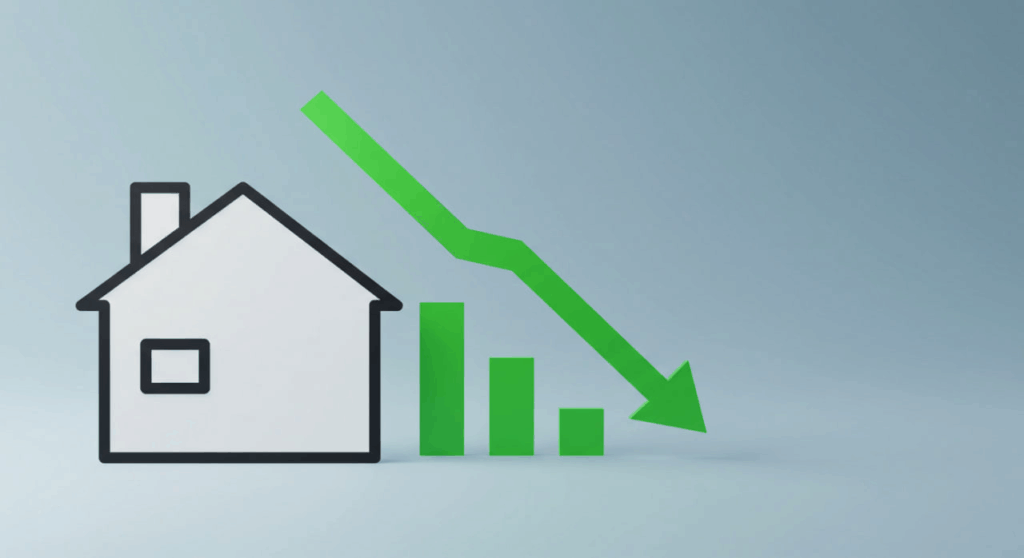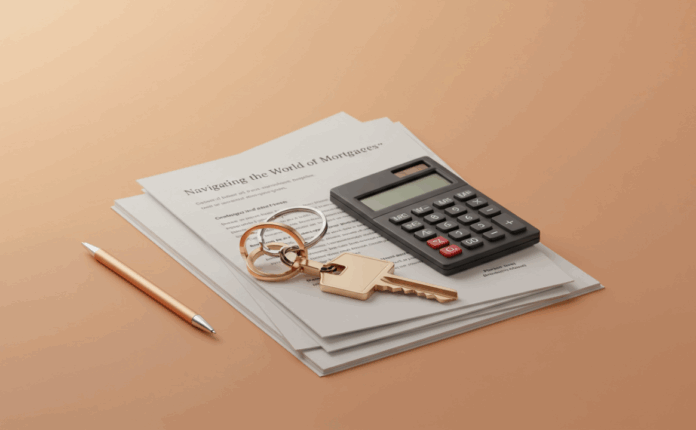Considering refinancing your mortgage? With interest rates constantly fluctuating, it’s a smart move to explore whether refinancing can save you money and better suit your financial goals. This guide breaks down everything you need to know about refinance mortgage rates.
Understanding Current Refinance Rates
Refinance mortgage rates are dynamic, influenced by various economic factors. Checking daily rates from different lenders is essential. You can use online tools to get a quick snapshot of current rates, but remember these are just estimates; your actual rate will depend on your credit score and financial situation. Always compare offers from multiple lenders before making a decision. Consider using a mortgage broker; they can often secure more favorable terms than you might find independently. Check out this rate comparison site to start your research.
Factors Affecting Your Refinance Rate
Several key factors influence the rate you’ll qualify for. Your credit score plays a significant role; a higher score usually translates to better rates. Your debt-to-income ratio (DTI) is equally important. Lenders want to see that you can comfortably manage your existing debt along with the new mortgage. The loan-to-value (LTV) ratio – the percentage of your home’s value you’re borrowing – also impacts your rate. A lower LTV generally means a better rate. Learn more about improving your credit score to qualify for lower rates.
Types of Refinance Options
There are several types of refinance options available, each catering to different needs. A rate-and-term refinance lowers your interest rate and/or shortens your loan term. A cash-out refinance allows you to borrow against your home’s equity and receive a lump sum of cash. A cash-out refinance may come with slightly higher rates than a rate-and-term refinance. Discover which refinance type is right for you.

How to Shop for the Best Refinance Rate
Start by checking your credit report to identify any errors that could be lowering your score. Then, compare rates from at least three different lenders. Pay close attention to the Annual Percentage Rate (APR), which includes all fees and costs associated with the loan, not just the interest rate. Consider using a mortgage calculator to estimate your monthly payments under different scenarios. Use this calculator to compare loan options.
Closing Costs and Fees
Remember to factor in closing costs and fees, which can significantly add to the overall cost of refinancing. These fees vary by lender and loan type. Shop around for lenders who offer low closing costs or even lender credits to help offset these expenses. Negotiating with your lender can also help reduce fees.
When Refinancing Makes Sense
Refinancing is a smart financial move when it helps you achieve a clear goal, such as lowering your monthly payments, shortening your loan term, or accessing cash for home improvements. But it’s crucial to weigh the costs and potential benefits carefully. Consider the closing costs and how long it’ll take to recoup those costs through lower monthly payments. See if refinancing is worth it for your situation.
The Application Process
The application process usually involves providing financial documentation, such as pay stubs, tax returns, and bank statements. Lenders will assess your creditworthiness and determine if you qualify for the refinance. Be prepared for a thorough review of your financial history and expect to answer questions about your employment and income. Find out more about the application process here.
Conclusion
Refinancing your mortgage can be a powerful tool to achieve your financial objectives. By understanding the factors that influence refinance rates and shopping around for the best deal, you can potentially save thousands of dollars over the life of your loan. Remember to weigh the costs and benefits before making a decision. Always read the fine print carefully before signing any documents.
Frequently Asked Questions
What is a good refinance rate? A good refinance rate is one that’s lower than your current interest rate and aligns with prevailing market rates. Consider also the total cost of the loan, including closing costs.
How long does it take to refinance a mortgage? The refinance process can take anywhere from a few weeks to a few months, depending on factors like the complexity of your application and the lender’s processing time.
Can I refinance if I have bad credit? While it’s more challenging to refinance with bad credit, it’s not impossible. You might qualify for a refinance with a higher interest rate. Improving your credit score before applying is highly recommended.
What documents do I need to refinance my mortgage? You’ll typically need to provide documentation such as pay stubs, tax returns, bank statements, and your most recent credit report.
How much can I save by refinancing my mortgage? The potential savings from refinancing depend on several factors, including your current interest rate, the new interest rate, the loan term, and closing costs. A mortgage calculator can help you estimate your potential savings.



